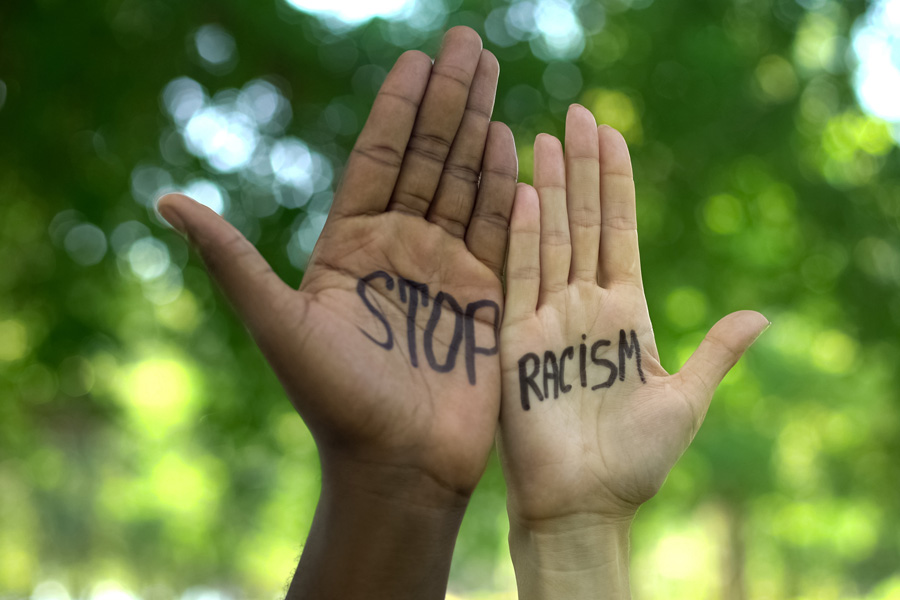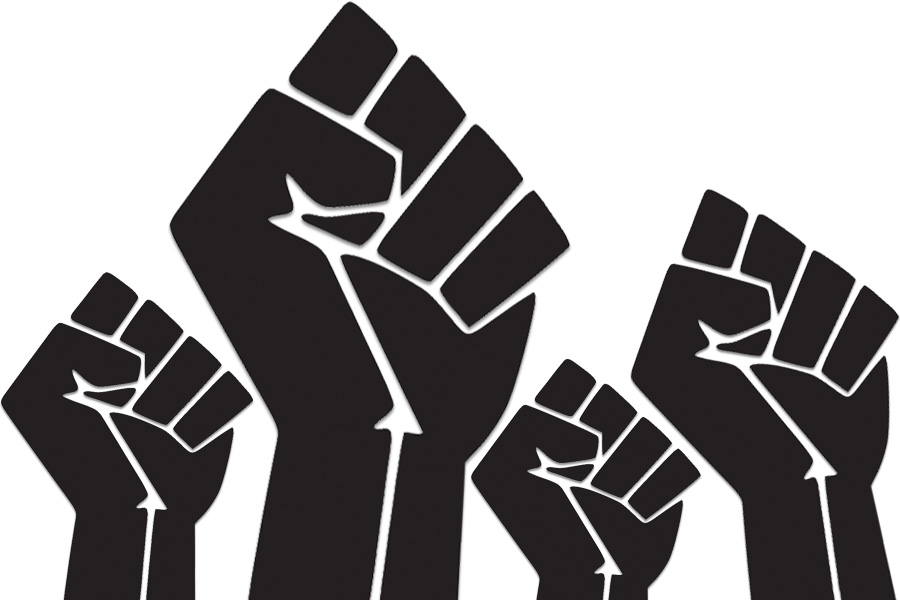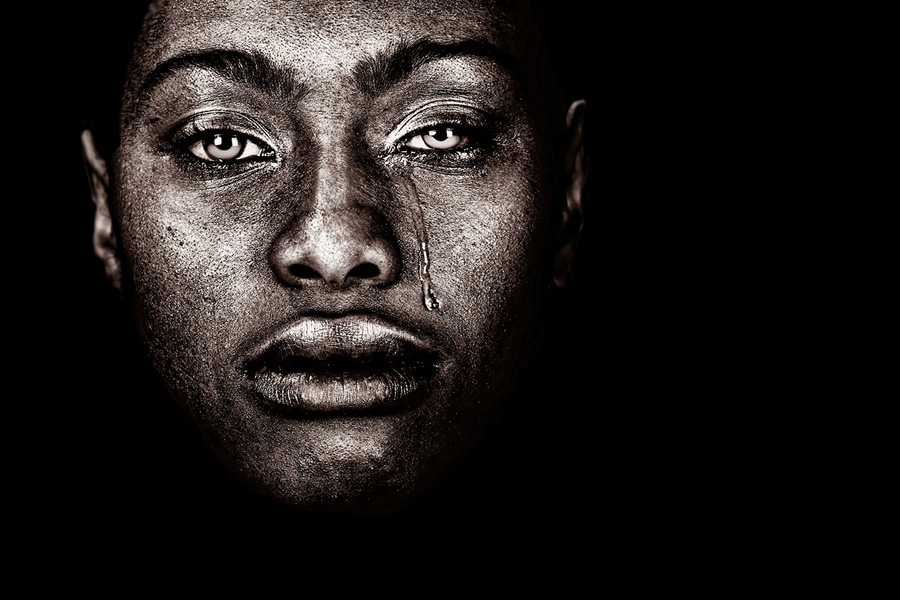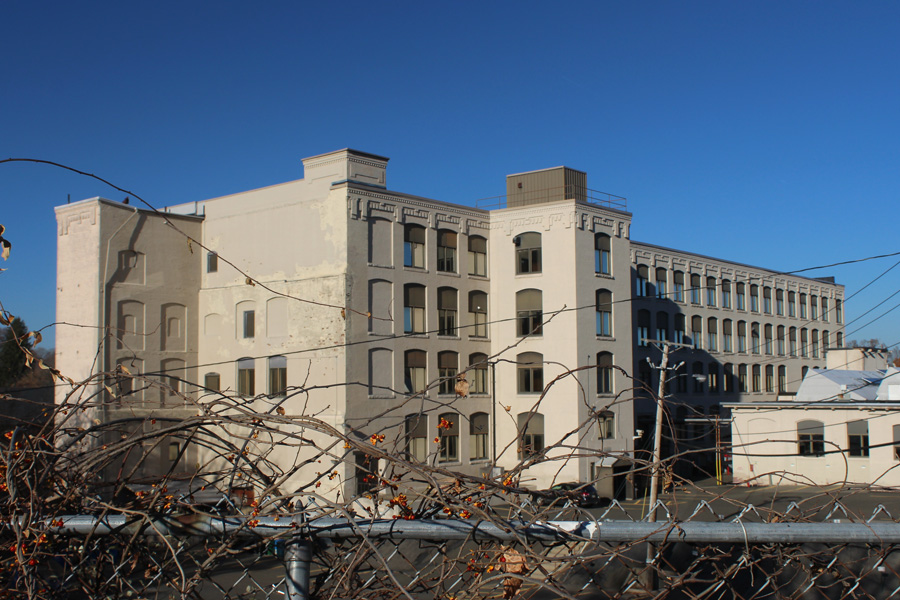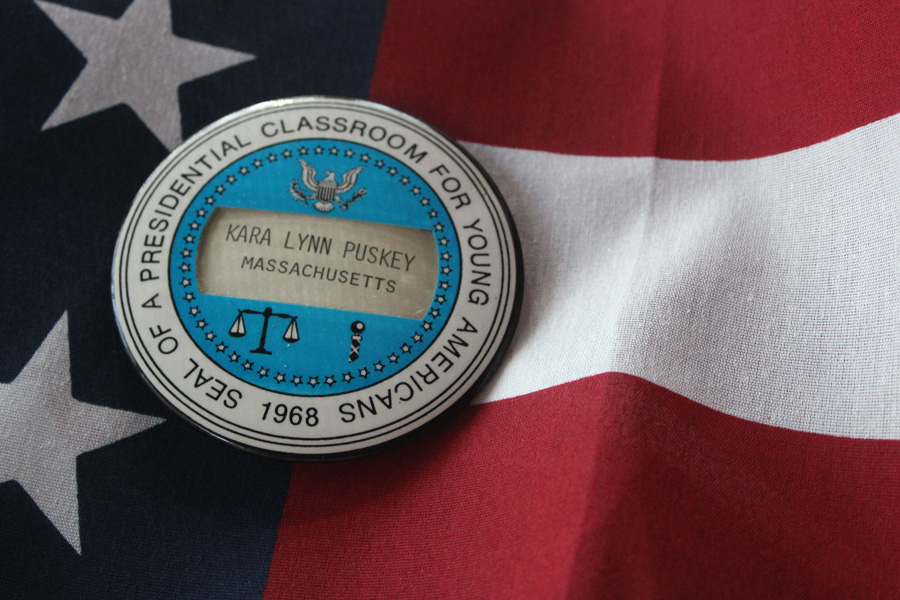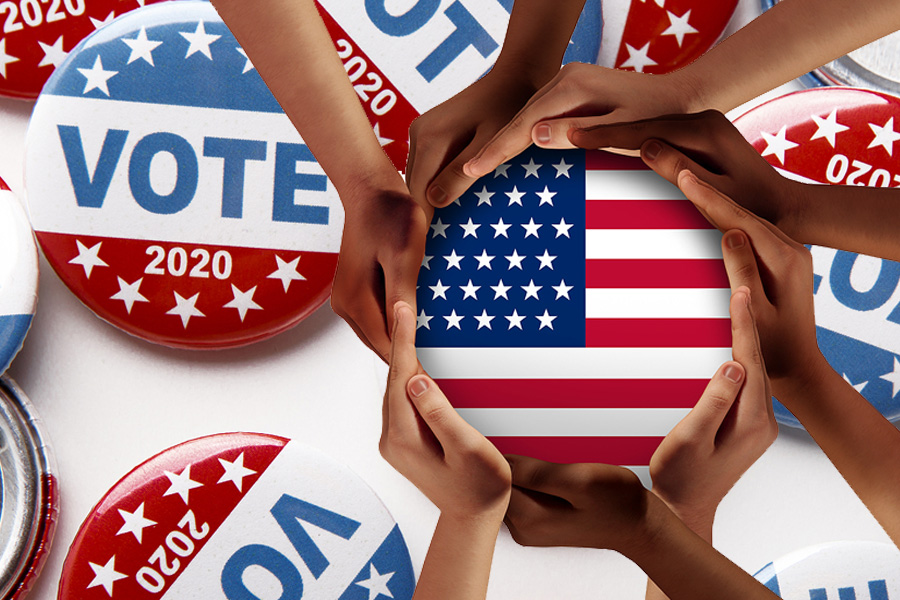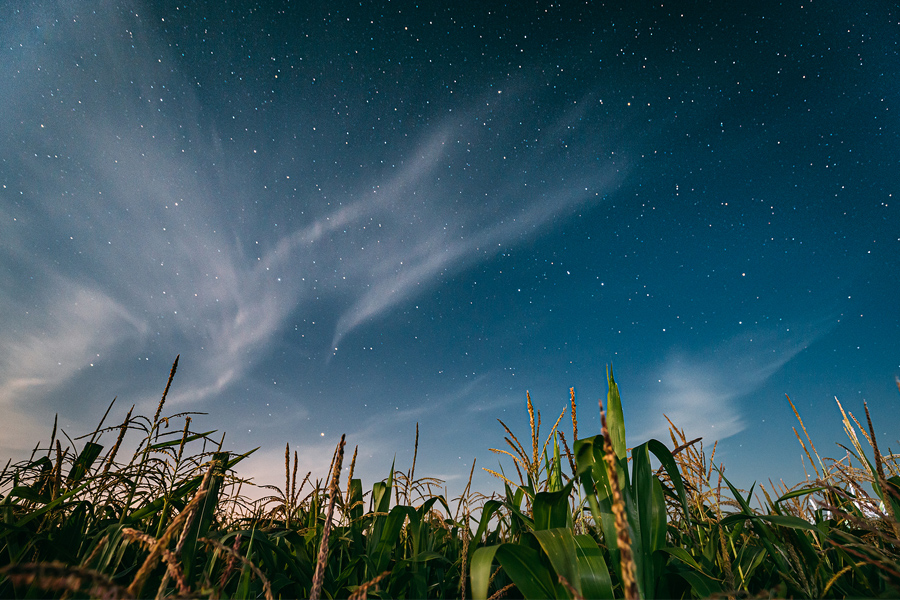Multiplicity Commons No. 5
Flight
by Kamil Czyz
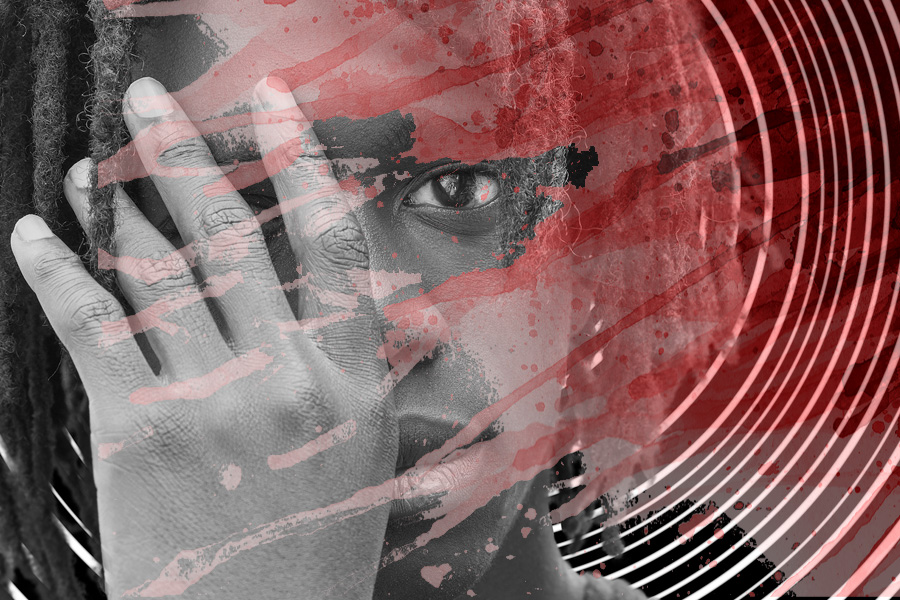
Cop’s knee on his neck,
phones bore witness while he pleaded,
but we stood back,
obeying the badge.
Believing the pledge.
The next day,
unyielding, unmovable rage.
We overflowed streets with fury
and fire,
a pageant of soot and angst,
a sacrifice of torched cars and golden buildings
to cleanse the shame.
Glittering posts, photos of unintended violence,
unquenchable wrath.
Then, washing lines blossom,
a unison of face masks and angry t-shirts
whispering in the wind, quiet.
About the Writer
Kamil Czyz was born and raised in Olsztyn, Poland and now lives and writes in Gdańsk. His poetry has been published in Coffin Bell Journal, with forthcoming work to appear in Chitro Magazine and The Dead Mule.
